

Sapphire took its time, which certainly did not harm the whole project. While some competitors have already scattered PVT samples, i.e. the small series, among the media before the start of the actual mass production, S... Board layout
Sapphire differs significantly from AMD's reference design when designing the board. This even makes sense in many places, as the cooling has been optimized and is in the foreground. Due to the elimination of the external spokes... Important preliminary remark
In some games we were able to register the phenomenon that the nominally faster Sapphire RX Vega64 Nitro+ fell behind the reference card of the RX Vega. However, that this is not a measurement error or even ... Results in WQHD (2560 x 1440 Pixel)
Breathe in sapphires, because the much cooler card now (as expected) not only has the reference card fully under control, but also scores above all with the frame times and thus also the minimum frame rates. You... Results in WQHD (2560 x 1440 Pixel)
Although Destiny 2 is actually a DirectX-11-based game, which should be more the GeForce cards, AMD's Vega cards can stand up to their GeForce competitors. The Sapphire RX V... Results in WQHD (2560 x 1440 Pixel)
Now the picture returns, because the Sapphire card is slightly slowed down (obviously by the driver), which makes it just behind the reference card. But you don't have the GeForce cards... Results in WQHD (2560 x 1440 Pixel)
Doom and Volcano are not anything that could shake the RX Vega64. Here, the Sapphire RX Vega64 Nitro+ is again, as expected, in front of the nominally weaker reference card, although not quite as clear as... Results in WQHD (2560 x 1440 Pixel)
Even if the RX Vega64 has to be sorted just behind Nvidia's GeForce GTX 1080, the hierarchy within the AMD guild remains consistent. The Sapphire card is in front of the reference model, if only breathless... Results in WQHD (2560 x 1440 Pixel)
All three interesting cards are in fact equal, with the Sapphire card surprisingly pulling the shortest in this trio. Driver optimizations shouldn't really come into play here ... Results in WQHD (2560 x 1440 Pixel)
If one had to name a prime example of the advantage of a board partner card, then this game, at least in WQHD, would probably be a really good candidate. Despite DirectX11, you have the GeForce GTX 10...results in WQHD (2560 x 1440 pixels)
All relevant cards are very close together, with the Sapphire RX Vega64 Nitro+ leading the upper-middle-class trio as expected. However, the lead is very close.
Results in U... Power consumption at different loads
The power consumption in the gaming loop is at the measured approx. 327 watts well above the 300 watt mark and thus also above what was measured in the reference model. For this there is the more constant leis... Overclocking
Due to the good cooler, the limits of this map are well above what the reference map can do and even comes close in places to the water-cooled conversions. But more than what we have achieved is hardly anything more ... Cooling system and backplate
Of course, the generated waste heat is directly related to the recorded power, for which the cooling solution is responsible for optimum dissipation. This cooling system, which is therefore almost monumental, is designed by a rie... Summary
Since we have not been able to definitively clarify the question of the drivers and some of the performance disadvantages of the board partner cards compared to the reference at this point, we leave this point out of un...
Important preliminary remarks
In some games we were able to register the phenomenon that the nominally faster Sapphire RX Vega64 Nitro+ fell behind the reference card of the RX Vega. However, we were able to easily reproduce that this is not a measurement error or even a weakness of the card as such with another board partner card from another manufacturer, which did not yet have an official sample. And we are not alone in our findings, because the colleagues of Gamers Nexus also had to deal with identical problems.
However, since this did not occur to the same extent in all games, one of the assumptions remains that the optimizations made in the driver since the launch of AMD do not work because they are not explicitly treated as RX Vega in the driver. Be. One could almost suspect some kind of Radeon fallback mode, because we do not want to assume amD at this point. It is certainly quite easy to solve if it were such a stored driver problem. That is why we do not want to overstate it. But it's annoying enough.
Results in WQHD (2560 x 1440 Pixel)
This is exactly what we have just mentioned. The Sapphire card remains quite significantly behind, despite lower temperatures and actually higher clock, while the reference card and the two GeForce cards are very close together.
Results in UHD (3840 x 2160 pixels)
The Radeon RX Vega64 enjoys a great theoretical advantage in memory bandwidth, which undoubtedly helps it to gain a small advantage over the GeForce GTX 1070 Ti and 1080 at 3840 x 2160 pixels. The two Nvidia cards with their identical storage subsystems achieve similar frame rates, regardless of the storage type. Only for the Board Partner Card, unfortunately, the above-mentioned

















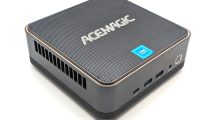
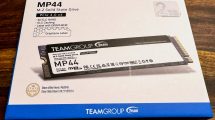
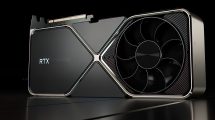
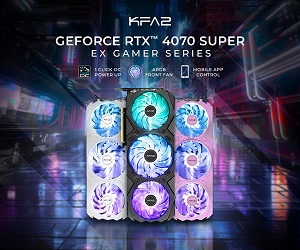
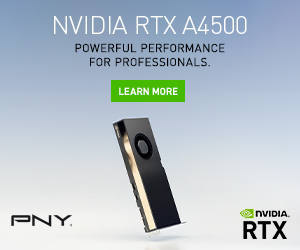


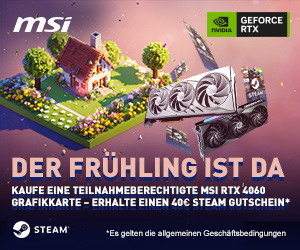

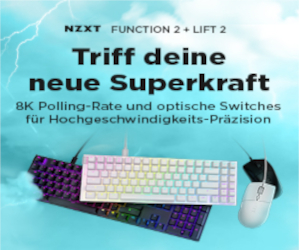


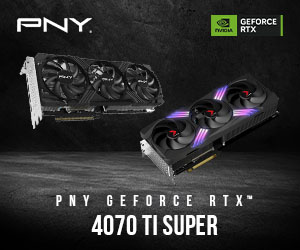


Kommentieren